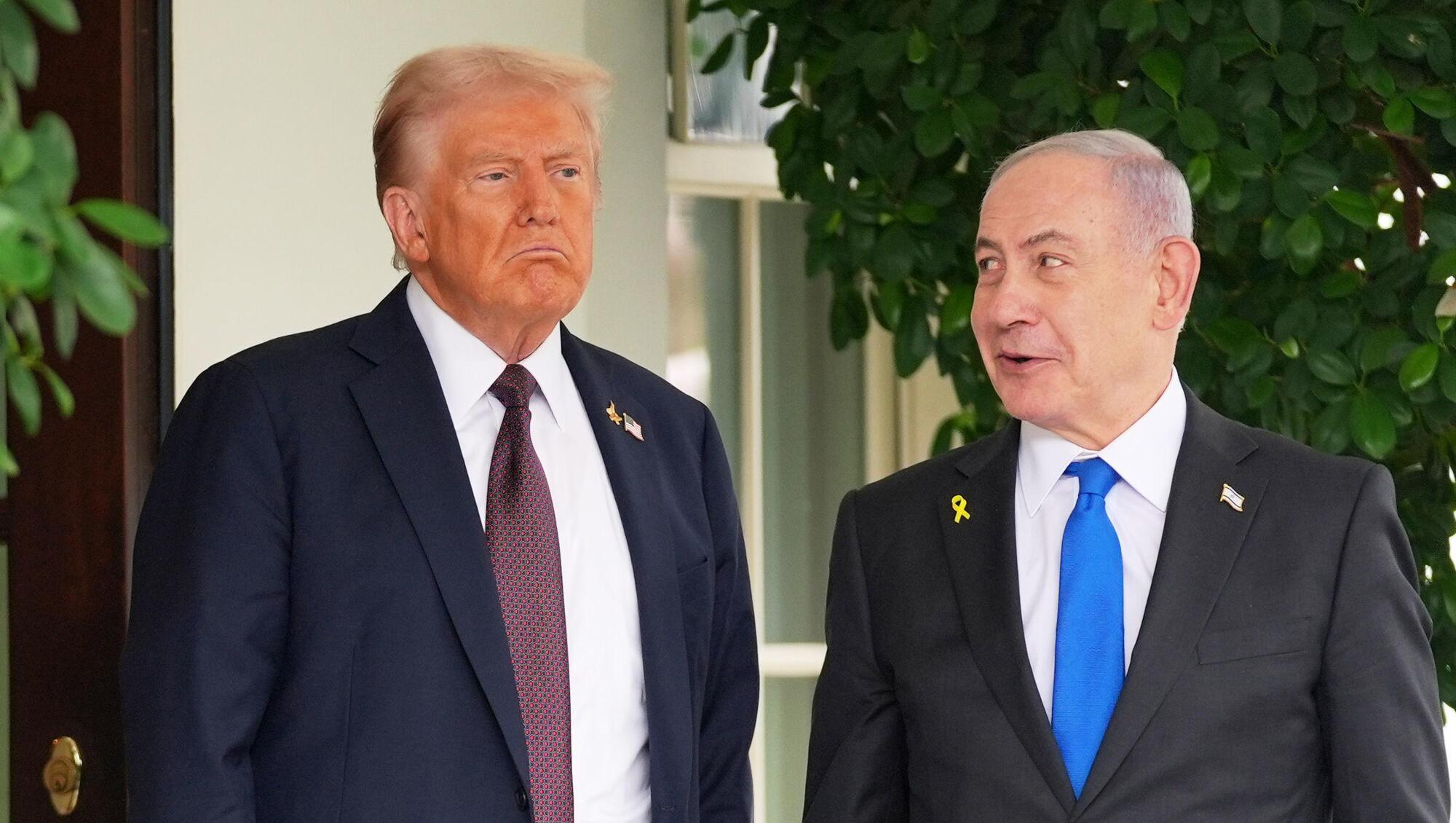World
Hamas Responds to Trump’s Gaza Plan, Seeks Negotiations on Key Points

Hamas has indicated its willingness to accept certain aspects of US President Donald Trump’s plan aimed at resolving the ongoing conflict in the Gaza Strip. The group’s response, issued on March 15, 2024, comes after Trump set a deadline for Hamas to either accept or reject the proposed plan by Sunday. While Hamas expressed support for the release of hostages and the potential transfer of administrative control in Gaza, it also emphasized the need for negotiations regarding other conditions outlined in the plan.
In a statement reviewed by Reuters, Hamas acknowledged “appreciation for the Arab, Islamic, and international efforts,” including those initiated by Trump, to facilitate an end to hostilities in Gaza. The militant group highlighted key components of Trump’s 20-point proposal, which includes an immediate ceasefire, a prisoner exchange, and humanitarian aid access.
Hamas specifically noted its intent to approve the release of all “occupation prisoners—both living and remains” in line with the terms specified in Trump’s proposal. However, the group did not clarify its position on the contentious demand for disarmament, a request that both Israel and the US have prominently featured in their negotiations.
Hamas stated its readiness to engage in discussions through mediators to finalize the details of the hostage exchange and the handover of governance in Gaza. The group expressed its willingness to transfer control to a “Palestinian body of independents (technocrats)” that operates on the basis of national consensus and enjoys support from Arab and Islamic nations.
The White House has yet to comment on Hamas’ response to the proposal, which has garnered backing from both Israel and various Arab and European powers. It remains unclear whether the terms of the plan will be open to further negotiation, as Hamas seeks.
Trump’s plan envisions a phased withdrawal of Israeli forces from Gaza and the establishment of a transitional government led by an international authority. The complexity of the situation underscores the challenges ahead for all parties involved in the conflict, as they work towards a sustainable resolution.
As developments unfold, the international community continues to monitor the situation closely, hoping for a peaceful resolution that addresses the humanitarian needs of those affected by the conflict.
-

 Top Stories3 months ago
Top Stories3 months agoTributes Surge for 9-Year-Old Leon Briody After Cancer Battle
-

 Entertainment4 months ago
Entertainment4 months agoAimee Osbourne Joins Family for Emotional Tribute to Ozzy
-

 Politics4 months ago
Politics4 months agoDanny Healy-Rae Considers Complaint After Altercation with Garda
-

 Top Stories4 months ago
Top Stories4 months agoIreland Enjoys Summer Heat as Hurricane Erin Approaches Atlantic
-

 World5 months ago
World5 months agoHawaii Commemorates 80 Years Since Hiroshima Bombing with Ceremony
-

 Top Stories3 months ago
Top Stories3 months agoNewcastle West Woman Patricia Foley Found Safe After Urgent Search
-

 Top Stories5 months ago
Top Stories5 months agoFianna Fáil TDs Urgently Consider Maire Geoghegan-Quinn for Presidency
-

 World5 months ago
World5 months agoCouple Convicted of Murdering Two-Year-Old Grandson in Wales
-

 World5 months ago
World5 months agoGaza Aid Distribution Tragedy: 20 Killed Amid Ongoing Violence
-

 World5 months ago
World5 months agoAristocrat Constance Marten and Partner Convicted of Infant Murder
-

 Top Stories4 months ago
Top Stories4 months agoClimbing Errigal: A Must-Do Summer Adventure in Donegal
-

 Top Stories4 months ago
Top Stories4 months agoHike Donegal’s Errigal Mountain NOW for Unforgettable Summer Views








